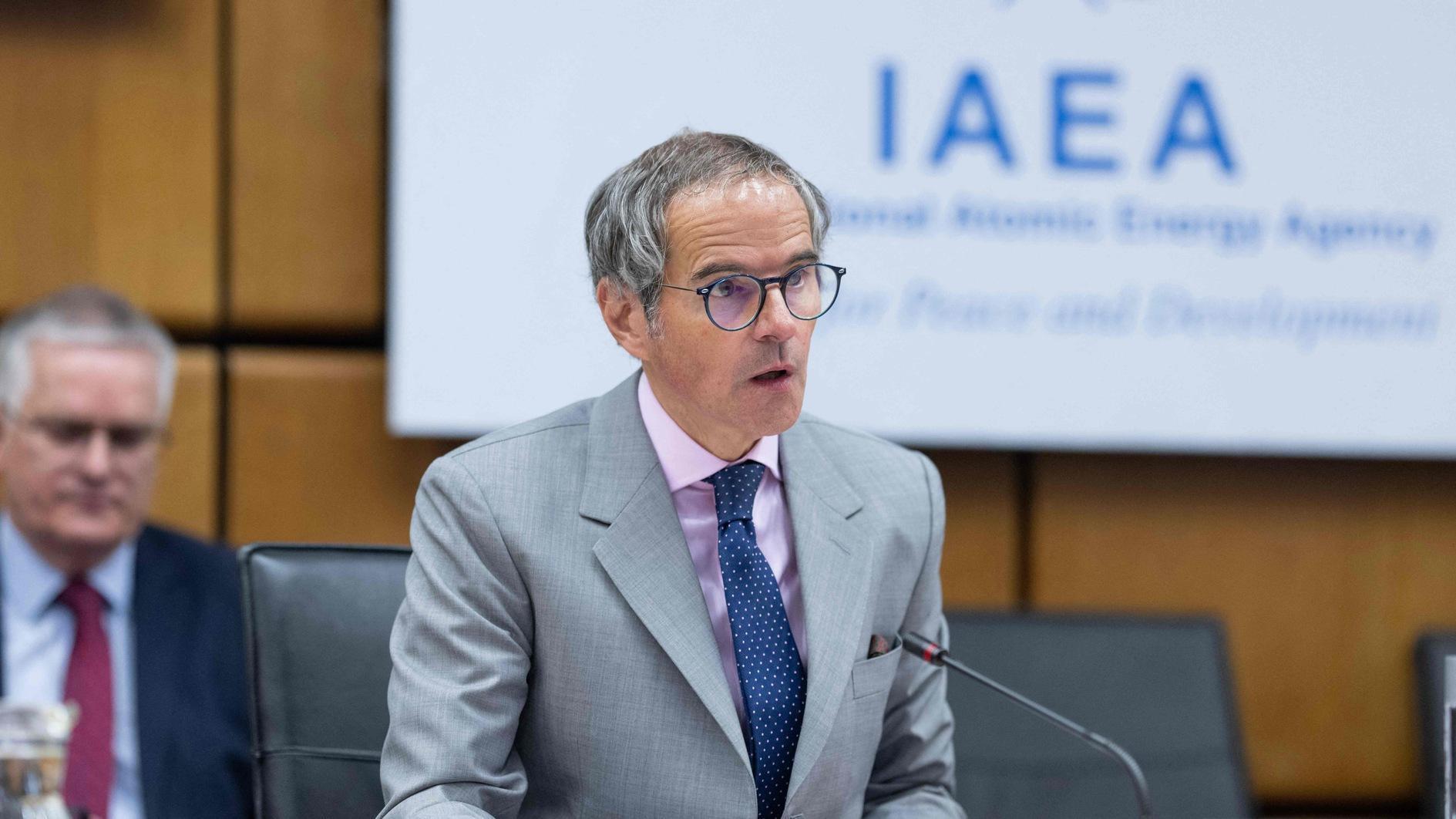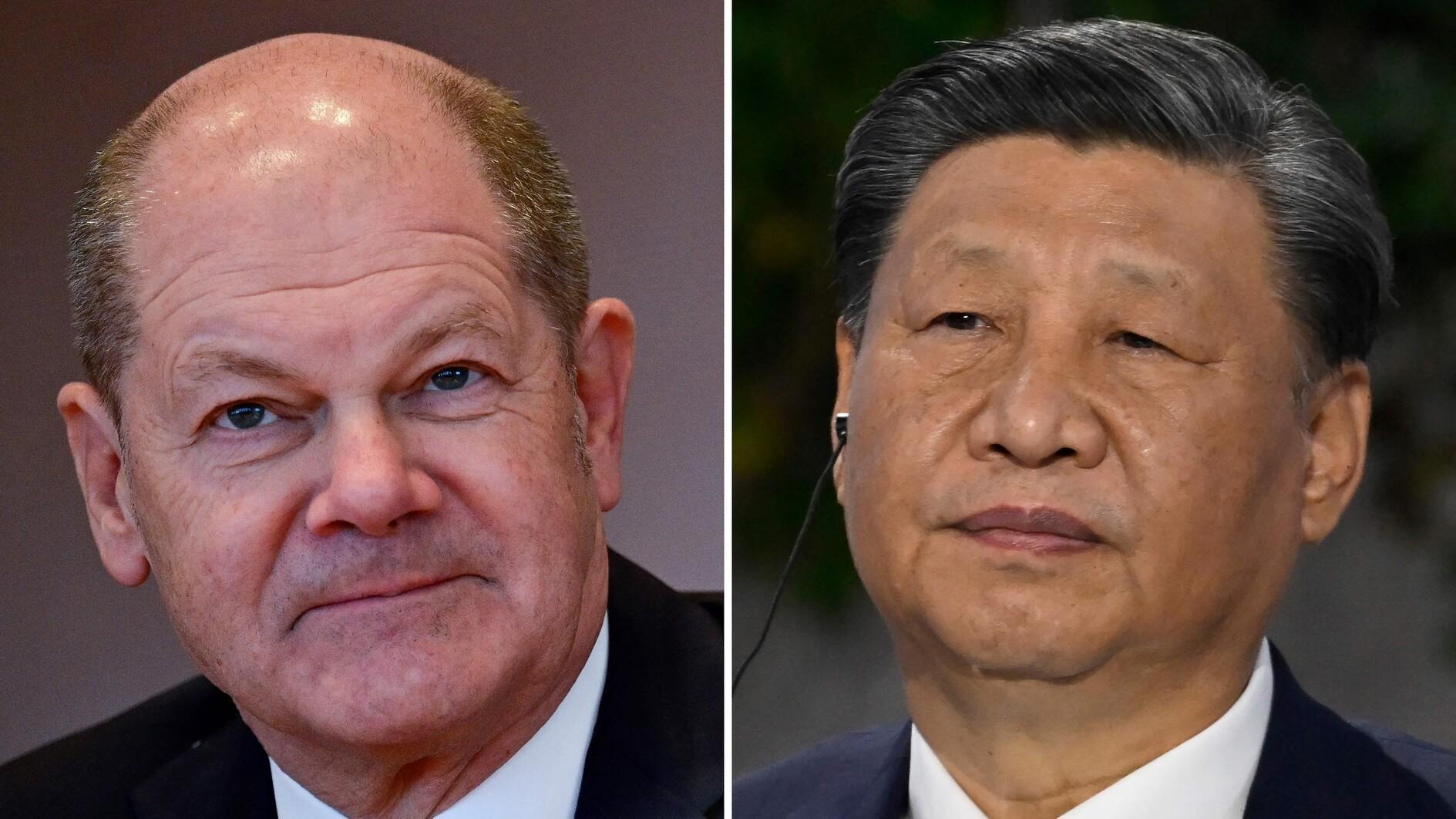Should everyone but Erdoğan shut up?
Right after the Turkish Central Bank lowered its interest rate by another 0.25, the same as last month, reporters asked Prime Minister Ahmet Davutoğlu what he thought.
The question was important because President Tayyip Erdoğan has been asking the Bank to lower interest rates further, hoping that this would help the economy to recover. Erdoğan has been questioning the concept of an independent Central Bank from the start and thinks the elected government should be in full command of it.
Perhaps as a preemptive move to calm the possible fury of Erdoğan, Davutoğlu’s answer implied something like “Not enough, but OK.” The markets hoped that answer put an end to the row - at least until next month’s meeting of the Central Bank board - and the value of the Turkish Lira recovered slightly, after a continuous drop against the U.S. dollar.
But then came a thunderstorm from Erdoğan. During an address to small business owners on Feb. 25, he slammed the Central Bank very harshly. “Its ‘independence’ is only applicable regarding us. It is only ‘independent’ when taking decisions against our expectations,” he said. Then, without directly giving the name of Central Bank Governor Erdem Başçı, he questioned whether the Bank was independent from the Turkish government but dependent on certain other sources. He did not elaborate who those other sources could be, but his words reminded one of the “international interest rate lobby” repeatedly mentioned during the Gezi Park protests of June 2013.
Erdoğan’s speech was followed by even heavier words from Erdoğan’s chief economy advisor Yiğit Bulut against Başçı and Deputy Prime Minister Ali Babacan, who has been running the economic policies of ruling Justice and Development Party (AK Parti) governments since day one in 2002.
After this, the lira immediately plunged against dollar again. Prime Minister Davutoğlu then held a 2.5-hour meeting with Babacan, who is known to be close to Başçı. Official sources told the media that there was nothing wrong with this, as it was a scheduled meeting and the two discussed a series of meetings between Davutoğlu and investors in the U.S. on his planned trip later this year.
Speaking in parliament on the morning of Feb. 26, Energy Minister Taner Yıldız had to deny the rumors in parliament that either Babacan or Başçı had resigned, (Babacan being known as Başçı’s protector in the cabinet).
Then, as Erdoğan and Davutoğlu were preparing for the National Security Board (MGK) meeting, the news hit markets in Istanbul and political circles in Ankara that Başçı had not come to his office that morning. The Central Bank’s press office said he had a minor health problem, an apparent first in his 10 years at the helm.
For his part, main opposition social democratic Republican People’s Party (CHP) head Kemal Kılıçdaroğlu yesterday said “that’s enough.” “The president should not put his nose into everything. He should leave the government’s job to the government and the Central Bank’s job to the Central Bank,” he said.
The fact is that Erdoğan’s intervention in daily affairs is not limited to the Central Bank. He also recently announced that he was going to convene the cabinet on March 9, for a second time, after the first time on Jan. 19. As soon as Davutoğlu announced two economic reform packages for transparency and urbanization in January, Erdoğan slammed them in a meeting with AK Parti executives, in the absence of Davutoğlu himself, who has so far failed to submit them to parliament. Erdoğan and Davutoğlu’s difference of opinion on the resignation of former National Intelligence Organization (MİT) Chief Hakan Fidan, to become a candidate for the AK Parti in the June 7 elections, was made public by Erdoğan himself, which had the secondary effect of slowing down the Kurdish peace process. Right after Davutoğlu’s PR campaign following the Turkish military’s recent Süleyman Şah Tomb operation in Syria, Erdoğan announced a second cabinet meeting. Perhaps he was trying to show everyone who’s boss.
Two veterans of AK Parti politics, Deputy Prime Minister Bülent Arınç and Parliament Speaker Cemil Çiçek, have both stopped giving public statements after being repeatedly refuted or snubbed by Erdoğan in public. The AK Parti’s deputy heads and many other ministers are also in deep silence too, only raising their voice to slam either the Gülenists, the opposition parties, or both.
Does Erdoğan want everyone but himself to shut up? That question could soon be suggesting itself to Davutoğlu, if it has not so far.











